Gulshan Kumar Das, better known as Gulshan Kumar is one of the most famous entrepreneurs and music producers ever in India’s history. He is the founder of Super Cassettes Industries Limited, which is now known as T-Series. It was back in 1983 when Gulshan Kumar founded this music label, which has now become one of the biggest labels in the world.
Apart from his entrepreneurial success story, Gulshan Kumar’s merciless death on August 12, 1997, is still considered a dark day in India. Today, we are going to take a look at the famous music composer’s entrepreneurial journey from scratch and the reason why D-company assassinated him. We are going to uncover all the things that people should know about his life and death. So, without further ado, let’s get started!
Gulshan Kumar’s birth and early childhood
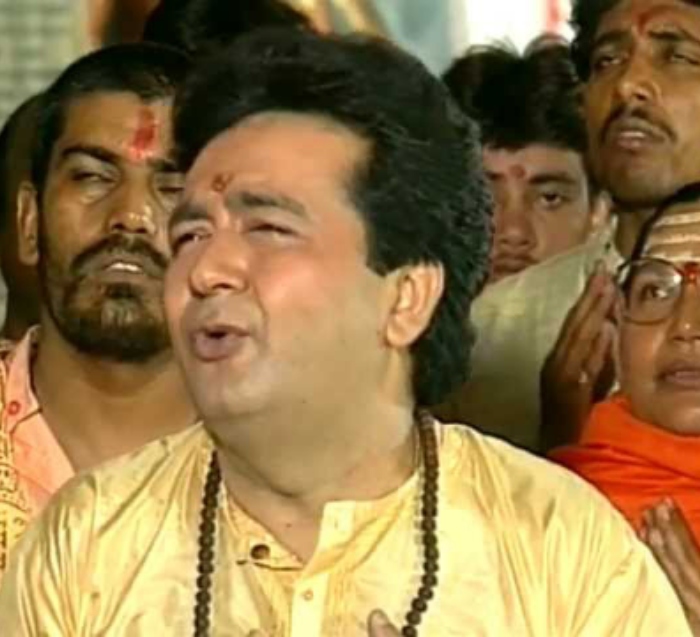
Gulshan Kumar was born on May 5, 1951, into a Punjabi Hindu family in Delhi. The music composer was the son of a fruit juice vendor who used to sell juice on the streets of Daryaganj, Delhi. As per reports, Gulshan Kumar’s family came as refugees from the Jhang province of West Punjab during the partition in 1947. Due to the financial crisis, Gulshan Kumar started working as a fruit juice seller with his father.
When Gulshan Kumar started selling cassettes and stopped working as a juice seller
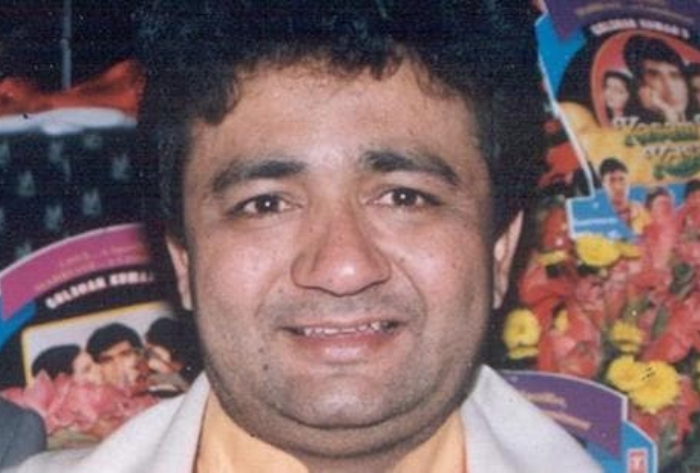
When Gulshan Kumar was working with his father in Delhi’s Daryaganj area, he realised that the business of cassettes was quite profitable. The youngster was also quite interested in music right from an early age. Hence, he decided to try his luck in the cassette business. Gulshan Kumar bought a records shop with the help of his family members, and it was the start of his journey as an entrepreneur.
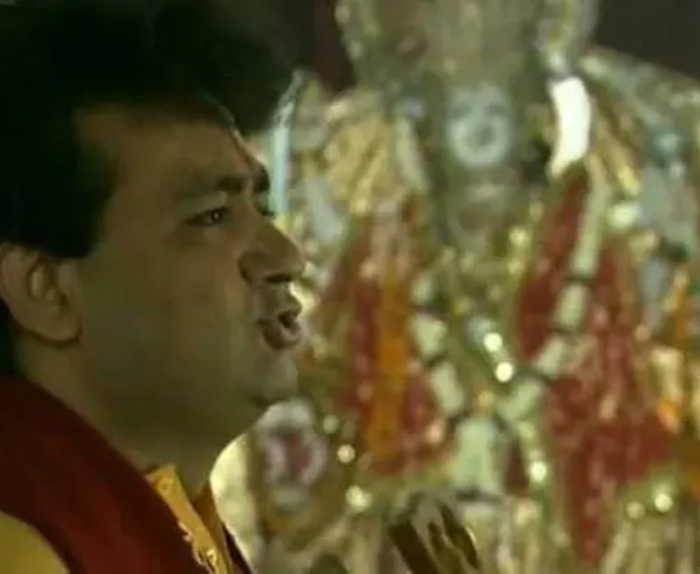
Gulshan Kumar started selling cassettes and even sang devotional songs and bhajans at various religious events in Delhi. Soon, Gulshan realised that the devotional music market was vast and untouched. As a result, he put all his efforts in that direction and focused more on selling devotional songs. The idea was a hit and the beginning of his music empire in India.
When Gulshan Kumar founded T-Series and why it succeeded
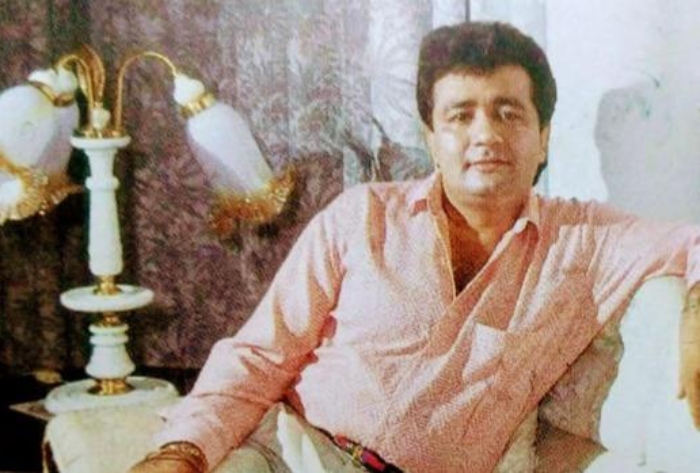
It was on July 11, 1983, when Gulshan Kumar founded Super Cassettes Industries Private Limited, now known as T-Series. Today, it is a billion-dollar company. However, one of the most critical steps that contributed to its success initially was the production of cover songs.
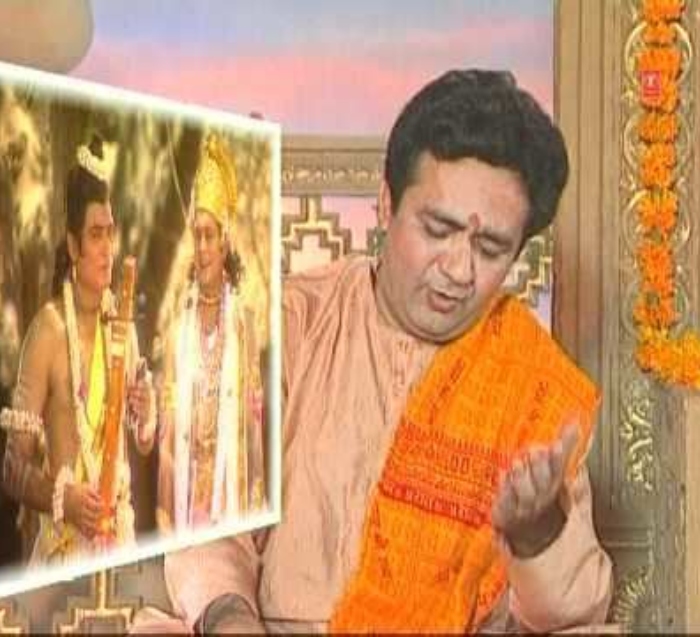
The music producer turned to singers like Anuradha Paudwal, Alka Yagnik, Kumar Sanu, Mohammed Aziz, and many others to sing the popular songs that were already sung by singing icons like Mohammed Rafi, Lata Mangeshkar, Kishore Kumar, and many more.
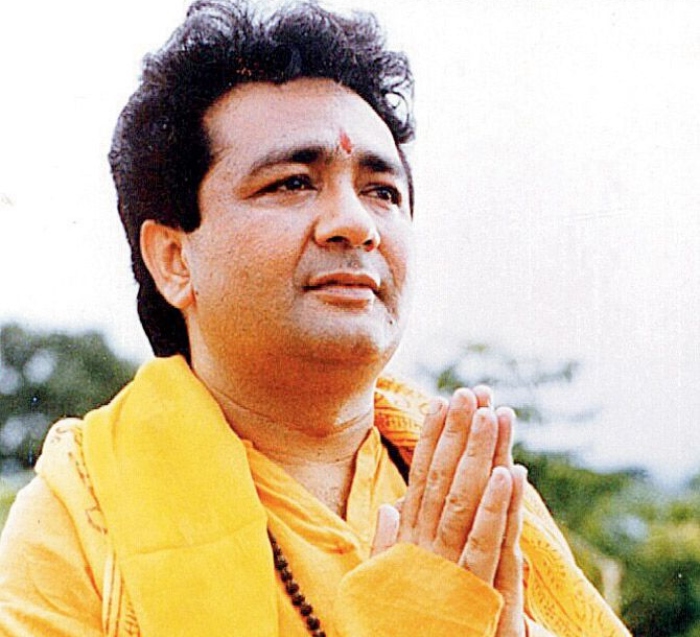
Another strategy that contributed to the success of T-Series was Gulshan Kumar’s move to the distribution network. The music producer started selling cassettes in local shops, which made it quite feasible for everyone to get their hands on them. Back in those days, music cassettes were sold only in the posh record shops, which was why people who weren’t living close to the posh areas used to buy them at higher rates. Gulshan Kumar’s strategy to provide cassettes to street vendors and local shops raised sales and made T-Series a household name in India’s music market.
How did Aamir Khan’s Qayamat Se Qayamat Tak music make Gulshan Kumar’s T-Series successful?
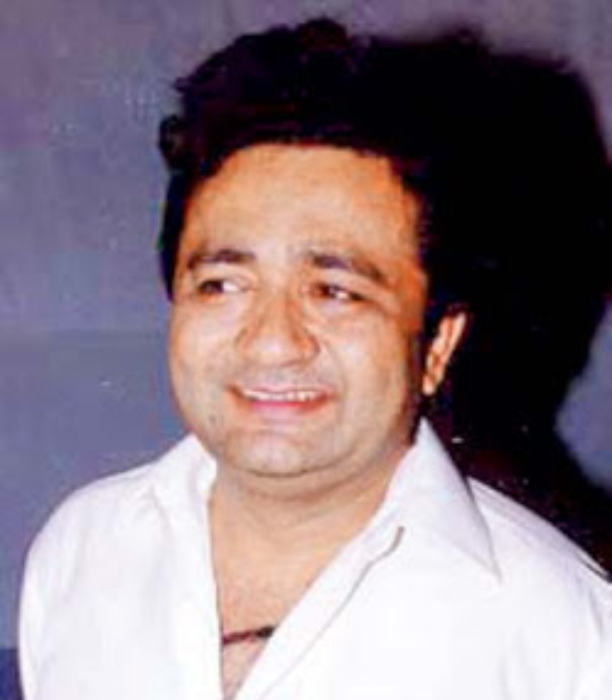
In 1988, Gulshan Kumar’s T-Series released the soundtrack of Aamir Khan’s debut film, Qayamat Se Qayamat Tak, and it changed the course of his company overnight. Before the release of Qayamat Se Qayamat Tak, T-Series was renowned for distributing copied music using the Copyright Act exemptions.
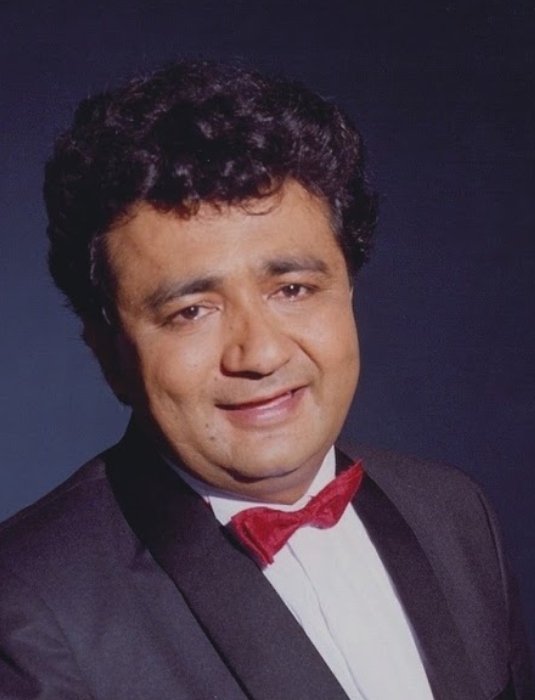
However, the commercial success of the soundtrack made T-Series enter the Bollywood music business. After this, they made a name in the film industry with the soundtrack of films like Aashiqui, Dil Hai Ke Manta Nahin, Dilwale Dulhaniya Le Jayenge, and many more. According to the reports, Gulshan Kumar’s T-Series reached the evaluation of Rs. 500 crores back in 1997.
Gulshan Kumar’s wife, Sudesh Kumari and their kids
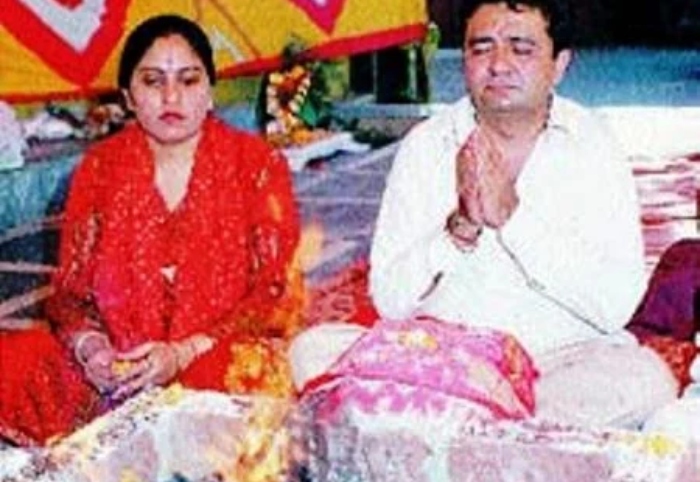
Gulshan Kumar was married to Sudesh Kumari, and for most of his life, he kept his family away from the media limelight. As per reports, Gulshan Kumar and Sudesh Kumari got married back in 1975.

Together, they welcomed three children, Bhushan Kumar, Tulsi Kumar and Khushali Kumar, into their lives. For the unversed, while Bhushan Kumar is the chairman and managing director of T-Series, Tulsi Kumar is a renowned playback singer, and Khushali is an actress.
The reason why Abdul Rauf, AKA Daud Merchant, killed Gulshan Kumar
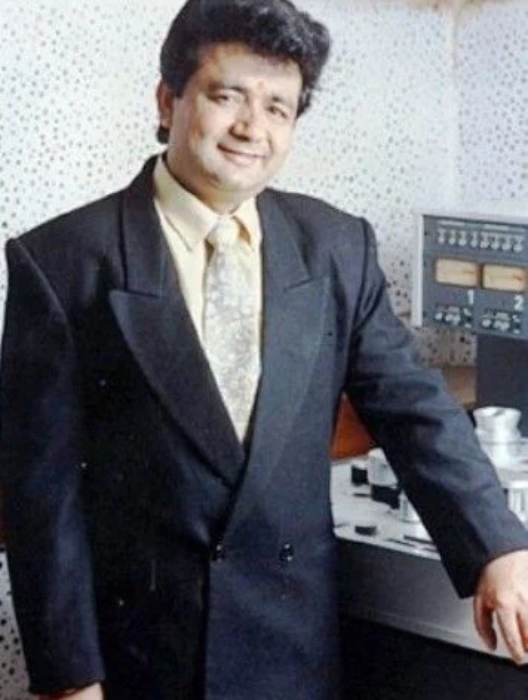
For the unversed, Gulshan Kumar was a huge devotee of Mata Vaishno Devi and Lord Shiv, which was one of the reasons why he had a strong inclination towards devotional songs. The music producer used to visit Jiteshwar Mahadev mandir quite frequently. Just like his routine, Gulshan Kumar was doing darshan at the Jiteshwar Mahadev mandir in the Andheri West suburb of Mumbai on August 12, 1997. Unfortunately, when he came out of the temple, Gulshan Kumar was shot dead by a group of assailants who were waiting for his exit from the temple.
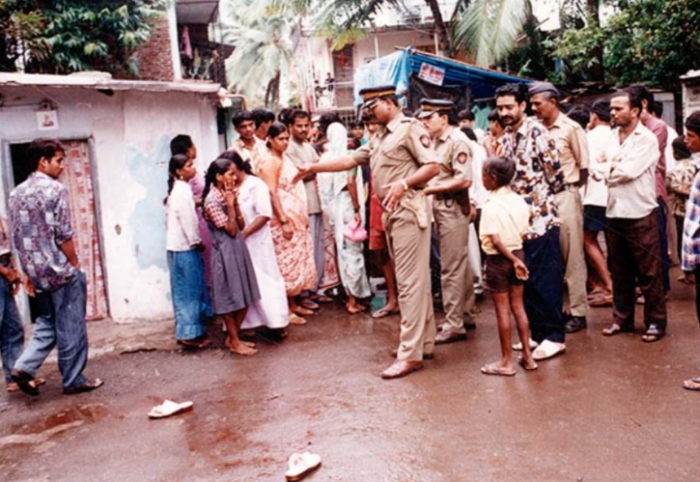
On the unfortunate day, Gulshan Kumar was without his bodyguard, as the latter was sick. As per reports, the music producer even received multiple threat calls on August 8, 1997, after he failed to pay extortion money to the Mumbai-based organisation called D-Company. If the reports are to be believed, the assailants fired 16 bullets at the music composer.
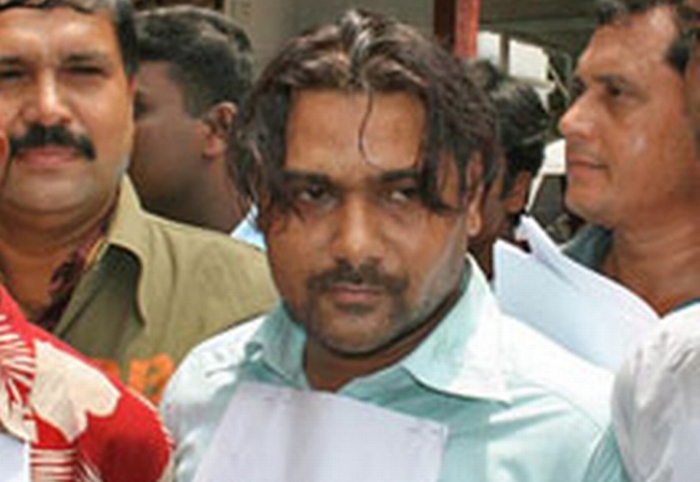
When the investigation was held after Gulshan Kumar’s shocking death, it was revealed that Abdul Rauf, AKA Daud Merchant, was the main convict and was sentenced to life imprisonment by the Bombay High Court. Even today, Gulshan Kumar’s cold-blooded assassination is still regarded as one of the saddest incidents in the Indian music industry.
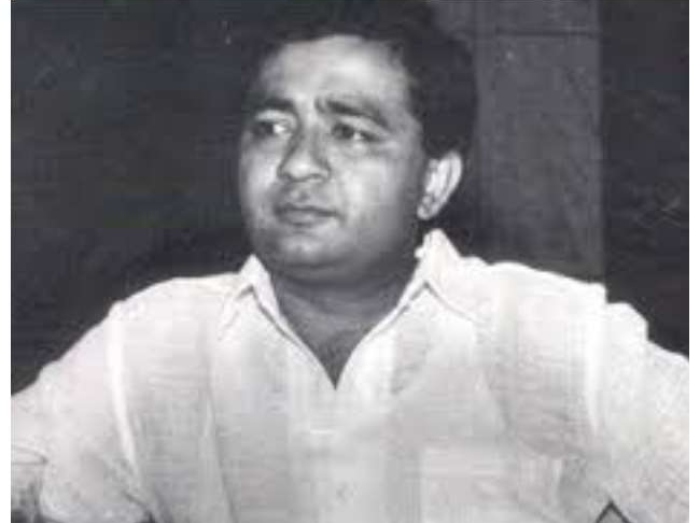
What are your thoughts on Gulshan Kumar’s journey from selling fruit juice in Delhi to making T-Series a multi-billion company and an unfortunate death? Let us know.
Also Read: Who Was Deb Mukherjee? Ayan Mukerji’s Father, Married Twice, Relation With Kajol And Kishore Kumar

